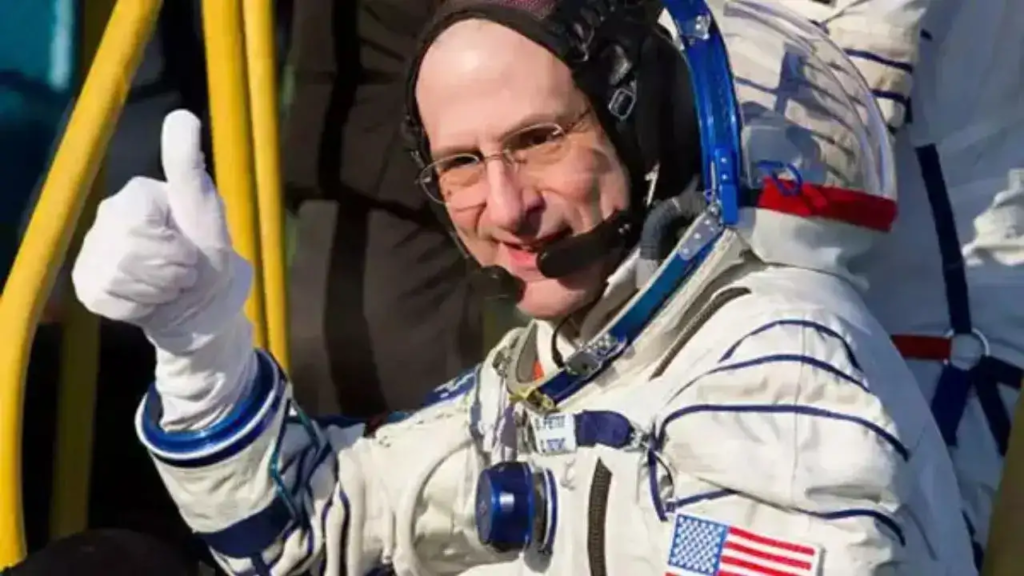A Cosmic Milestone: Don Pettit’s Earthbound Return on His 70th Birthday
A Career Defined by Space and Longevity
The vast expanse of space, a realm often associated with the vigor of youth and the cutting edge of scientific exploration, witnessed a remarkable milestone today. Don Pettit, NASA’s oldest active astronaut, marked his 70th birthday not amidst the weightlessness of the International Space Station (ISS), but with the familiar pull of Earth’s gravity, concluding a remarkable 220-day mission. His return is not merely the end of another spaceflight; it is a testament to human resilience, the enduring spirit of scientific inquiry, and the remarkable capacity of the human body to adapt and thrive even in the most extreme environments, regardless of age.

Contributions to Scientific Research on the ISS
Pettit’s career has been a long and distinguished one, marked by multiple journeys to the ISS and a deep commitment to scientific research in orbit. This latest mission, culminating on his seventh decade, underscores the evolving landscape of space exploration. The 220 days spent aboard the ISS were undoubtedly filled with a rigorous schedule of scientific experiments spanning various disciplines, from astrophysics and materials science to human physiology. The ISS serves as a unique laboratory, offering researchers the opportunity to study phenomena in microgravity, providing insights that are often impossible to obtain on Earth. Pettit’s contributions during this mission, like his previous ones, will undoubtedly add valuable data to our collective understanding of the universe and our place within it. His presence on the station also serves as a vital link in the international collaboration that underpins the ISS, fostering cooperation between nations in the pursuit of scientific advancement.
Studying the Effects of Long-Duration Spaceflight on an Aging Body
Returning to Earth after such an extended period in space is a significant event, both for the astronaut and the scientific community. The human body undergoes numerous adaptations in the microgravity environment, including bone density loss, muscle atrophy, and cardiovascular changes. Pettit’s post-flight recovery will be closely monitored by scientists, providing crucial data on the long-term effects of spaceflight on an aging body. This information is invaluable as we look towards longer duration missions, including potential human voyages to Mars. His experience will offer unique insights into how individuals in their later years respond to the challenges of space travel, potentially paving the way for a more diverse age range of future space explorers.
An Inspiration for All Ages
Beyond the scientific implications, Pettit’s return on his 70th birthday carries a profound human element. It speaks to a lifelong passion for exploration and a relentless pursuit of knowledge. His journey serves as an inspiration to people of all ages, demonstrating that curiosity and a commitment to pushing boundaries are not limited by the passage of time. His career embodies the spirit of human endeavor, the drive to explore the unknown, and the unwavering belief in the power of scientific discovery.
A Landmark Achievement in Space Exploration
In conclusion, Don Pettit’s return to Earth on his 70th birthday after another successful mission on the International Space Station is a landmark occasion. It highlights the remarkable capabilities of the human spirit and body, the enduring importance of space-based research, and the expanding horizons of space exploration. His journey serves as a powerful reminder that age need not be a barrier to pursuing ambitious goals and contributing significantly to our understanding of the cosmos. As he readjusts to life on Earth, the scientific community will eagerly await the fruits of his latest mission, while the world marvels at the extraordinary achievement of NASA’s oldest active astronaut.




















